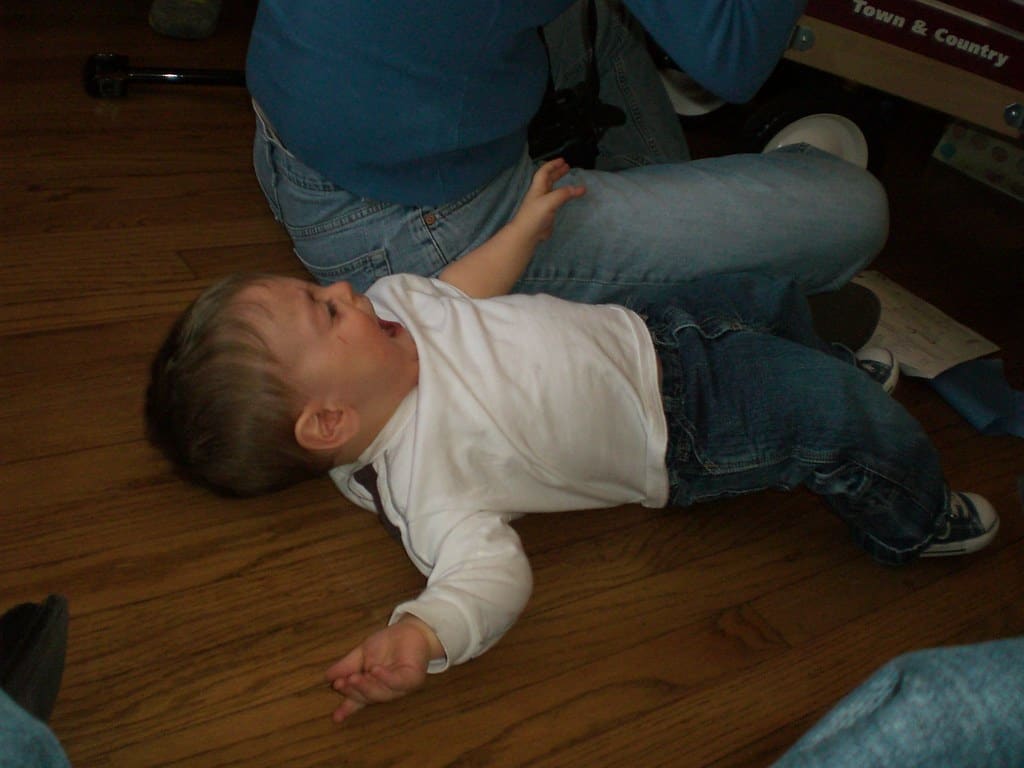Are you struggling to get your horrible kids to behave and listen? Are they constantly defiant? There are some ways to handle kids who misbehave, and it may depend on being calm and consistent.
The heat of the moment is here again. Your 2-year-old is not behaving again, and you are tired of being at war with him.
It’s important to pick your battles with your child. Ask yourself what behaviors are really causing you anger and frustration. For those behaviors you deem a for sure non-no — riding a tricycle in the street or running in the street, for example — set clear, specific rules and discuss any consequences in a calm manner. Always follow through on whatever discipline you decide on because a lack of consistency confuses kids and promotes more wild behavior from horrible kids.
In addition, be more flexible if, for example, there are changes in your home, such as a new baby or a divorce, or of your child is overtired or hungry.
Prevent rebellious behavior by strategic planning. If your child loves to grab things out of the kitchen cupboards and it causes chaos, then just buy cabinet locks. You may need to rethink things in your home that need additional childproofing.
Planning ahead helps to keep your child happy and busy. If your child tends to be happy and energetic in the morning, but is tired and grumpy after lunch, schedule trips to the store, doctor visits, activities, etc., for when your child is feeling his best. To stave off boredom and hunger, pack snacks and fun toys.
We all know that staying calm can be hard, especially when dealing with horrible kids. Try to be calm. Use a quiet, unruffled tone of voice and words that are neutral and positive. Keep in mind that suggestions (“Why don’t you wash your hands now so you’ll be all set to eat when dinner is ready?”) promote far more cooperation than commands (“Go wash your hands!”) or criticism (“Your hands and face are really dirty!”).
It also helps to turn “you” statements into “I” messages. Instead of saying, “You’re being bad and not sharing,” try “I like it better when I see kids sharing their toys.”
Another good technique is to focus on do’s rather than don’ts. If you tell a 3-year-old that he can’t leave his trike in the hallway, he may want to argue. A better approach: “If you move your trike out to the porch, it won’t get kicked and scratched so much.”
